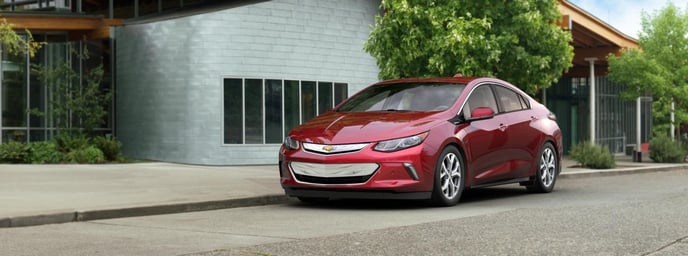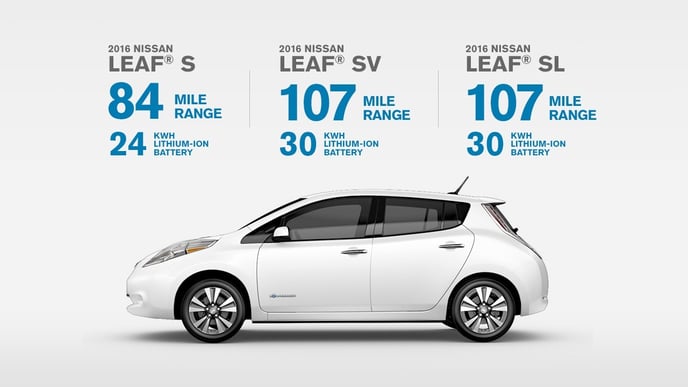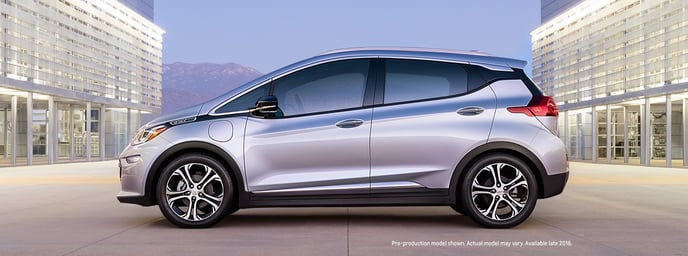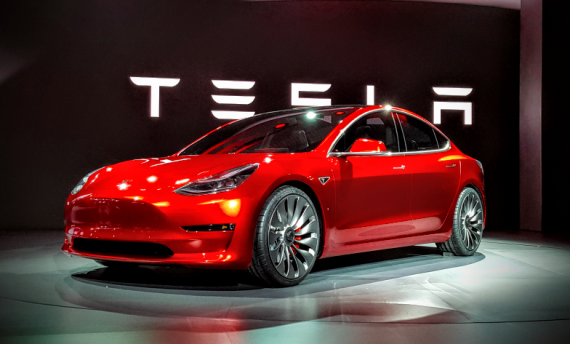Federal Tax Credit in Jeopardy
As you may have heard, the existing federal tax credit of up to $7,500 for electric vehicles (EVs) would be...
You’ve heard a lot from us about why now is the time to buy an electric vehicle. Running an electric vehicle produces fewer emissions than a conventional vehicle. Therefore, we see the need to dramatically accelerate the market for EVs in order to meet the greenhouse gas targets set for Massachusetts and Rhode Island.
Operating an electric vehicle costs less per mile than a conventional vehicle as well, so it’s great for consumers and the economies of our states. And government support, technological innovations, and market competition have brought the cost of purchasing an electric vehicle down and product quality up, to the point where we can unabashedly say that your next car purchase should be electric.
Today, there are dozens of electric vehicle manufacturers, among them BMW, Chevrolet, Ford, Nissan, Smart, Tesla, Toyota, and Volkswagen. You can choose between all-electric or battery electric vehicles (BEVs), plug-in hybrids (PHEVs), and hybrid electric vehicles (HEVs). (To learn the differences among those three categories, read on here.)
Competition among electric vehicle manufacturers is constantly changing the electric vehicle market – for the better.
For a long time, the largest impediments to electric vehicle adoption were the cost of purchasing a vehicle and range anxiety (limitations on how far a vehicle could travel on one charge). Both of these obstacles have been overcome by the staggering advancements in battery technology over the last decade. Today’s batteries cost much less and drive cars much further than their ancestors. This graph from Bloomberg New Energy Finance’s recent report, Global Trends in Renewable Energy Investment 2016, demonstrates that electric vehicle battery costs have fallen by more than 50% since just 2010!

Since the battery costs are the largest component of the cost of electric vehicles, this trend has driven the decline in electric vehicle costs. Those costs will only keep going down and many analysts believe that electric vehicles will soon be cost-competitive enough to become mainstream.
And whereas current models of all-electric vehicles offer 70 or 80 miles per charge, Tesla and Chevrolet are both coming out with all-electric models with 200+ miles to the charge!
If you’re interested in purchasing an all-electric or plug-in hybrid electric vehicle, there are excellent options available to you now.
Incentives: We recommend that you buy an EV that qualifies for the $7500 federal tax credit. And both Massachusetts and Rhode Island offer $2500 state rebates. That’s $10,000 altogether. With those incentives, you can buy an EV at a lower cost than your average car with a gasoline engine (have you noticed gas prices creeping up?).
Plug-in hybrid electric vehicles: PHEVs have the benefit of eliminating range anxiety while still significantly reducing emissions. The Chevrolet Volt is a prime example, offering 53 miles on one charge and several hundred more with a full tank of gas. Chevrolet dealers in Massachusetts currently have 2016 and 2017 Volts available for $34,000 to $40,000, before incentives.

The 2017 Chevy Volt
All-electric vehicles: Battery Electric Vehicles have the lowest emissions of all electric vehicles. The Nissan LEAF is the best-known currently available BEV, with about 100 miles per charge. Several dealers in Massachusetts are currently offering the 2016 LEAF for around $33,000 to $40,000, before incentives.

The 2016 Nissan LEAF
Other makers offer more models, but we recommend that you start by looking at the Volt and LEAF to start your research! If you have a good amount of cash on hand, Tesla is quite a car.
Chevrolet is currently working on a 200 mile-per-charge all-electric vehicle, the 2017 Bolt, priced around $30,000 after the federal tax credit. Slated for release at the end of 2016, the Volt may be the most accessible 200+ mile-per-charge electric vehicle available in our area.

The 2017 Chevy Bolt
You may have heard about Tesla’s Model 3 all-electric vehicle, as it seems the press time dedicated to electric vehicles goes exclusively to this most recent Elon Musk adventure. The Model 3, according to Tesla, will offer 215 miles per charge and cost $35,000 before state and federal incentives. However, the price tag of a Model 3 will likely creep up as consumers add available options (autopilot, paint, extended range) and could go up as far as $70,000.
To make the Model 3 cost-competitive, Tesla is building a battery gigafactory in Nevada to mass-produce car batteries at a cheaper price. The release date for the Model 3 is set in 2017, and hundreds of thousands of people have already reserved theirs with a $1,000 deposit. However, many analysts expect Tesla to miss its target release date and the company is already experiencing production delays. It’s likely the folks on the East Coast may have to wait until 2018 to get their hands on a Model 3. By the time it comes out here, the full $7500 federal tax credit may no longer be available (the tax credit is reduced once a manufacturer sells a certain number of qualifying EVs).

The Tesla Model 3 on unveiling night. Photo taken by Kyle Field for EV Obsession and Clean Technica.
We recommend the following sites to learn more about electric vehicles:
 Help accelerate the market for EVs!
Help accelerate the market for EVs!The Sierra Club has just launched a new campaign to get more people test-driving EVs and to get car dealers better at selling them. To learn more or participate, please visit their page here.
As you may have heard, the existing federal tax credit of up to $7,500 for electric vehicles (EVs) would be...
Back in January, we reported that the federal government was delaying the implementation of the complicated new...
Comments